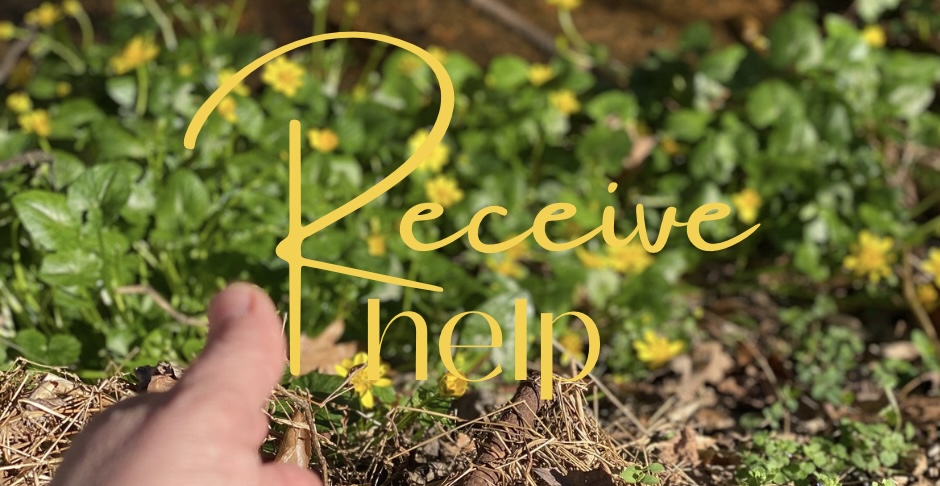If you see someone struggling with loss or a major transition this week, please help me and them by giving them my information.
Whew, asking for help is hard!
I heard someone say this week, “The least used words in the English language are, ‘Could you help me, please?’”
One of the most frustrating things I’ve noticed in psychology is that people who experience a major loss or trauma are far less likely to ask for help.
What is this all about? Why—when we need help the most—are we less likely to ask for it?
Here is a major reason: When we feel like we have been inflicted with our biggest fear, it’s hard for us to imagine we can trust anyone again!
Instead, we often isolate ourselves and take on the weight of the world and couldn’t dream of burdening others.
We need a mental shift regarding what it means to ask for help. What if it isn’t a sign of weakness but a sign (and source) of strength?
Asking for help elevates you to five powerfully new postures:
A posture of hope. When we ask for help, we open a pathway for imagining what might actually lie ahead.
A posture of humility. Contrary to what the world says, power is not in thinking you are better than others. Instead, power is in knowing we cannot do everything alone, and we actually need each other.
A posture of connection. Building on humility, we then see that when we reach out and make a connection, a new link is created. More connections in our life means stronger bonds upon which we inevitably grow. Community makes us stronger.
A posture to receive. When we never ask for help, we are constantly using our own strength. Often, this equates to striving and depleting ourselves of energy. Put simply, think about what it’s like to bring a car full of groceries home. It goes a lot quicker and a lot easier when you have a person or two helping you carry the bags inside. Receiving means we are built up by a source that is not our own.
A posture of surrender. When we take a step to let go, release, and allow God to do the heavy lifting, we can often breathe for the first time. We also see things from a completely new perspective. We build opportunities for trust and experience how things can begin moving when we completely let go.
Now, a hint for those of you who know someone who is struggling with loss right now:
Please, do not go and say to them, “Tell me what you need.” Most likely, they can’t see it for themselves. Instead, ask them if they would like to join you for a walk or a coffee and listen, wholeheartedly, and see where you can come alongside them in their season of need. Be the one to come up with an idea you think they may benefit from.
A few questions to help you inch closer to asking for help this weekend:
- When was the last time you asked someone for help?
- What do you need help with right now?
- What is holding you back from asking for help?

